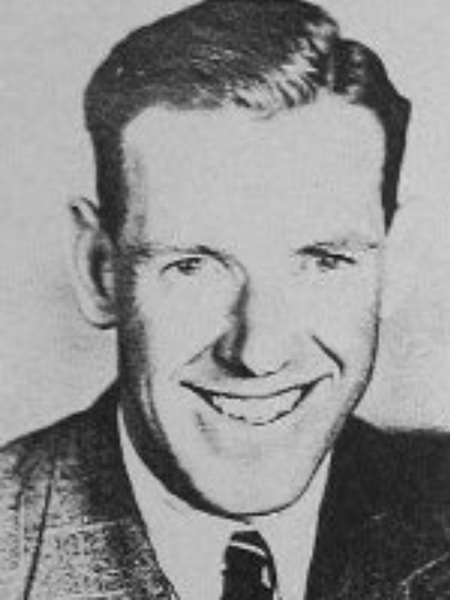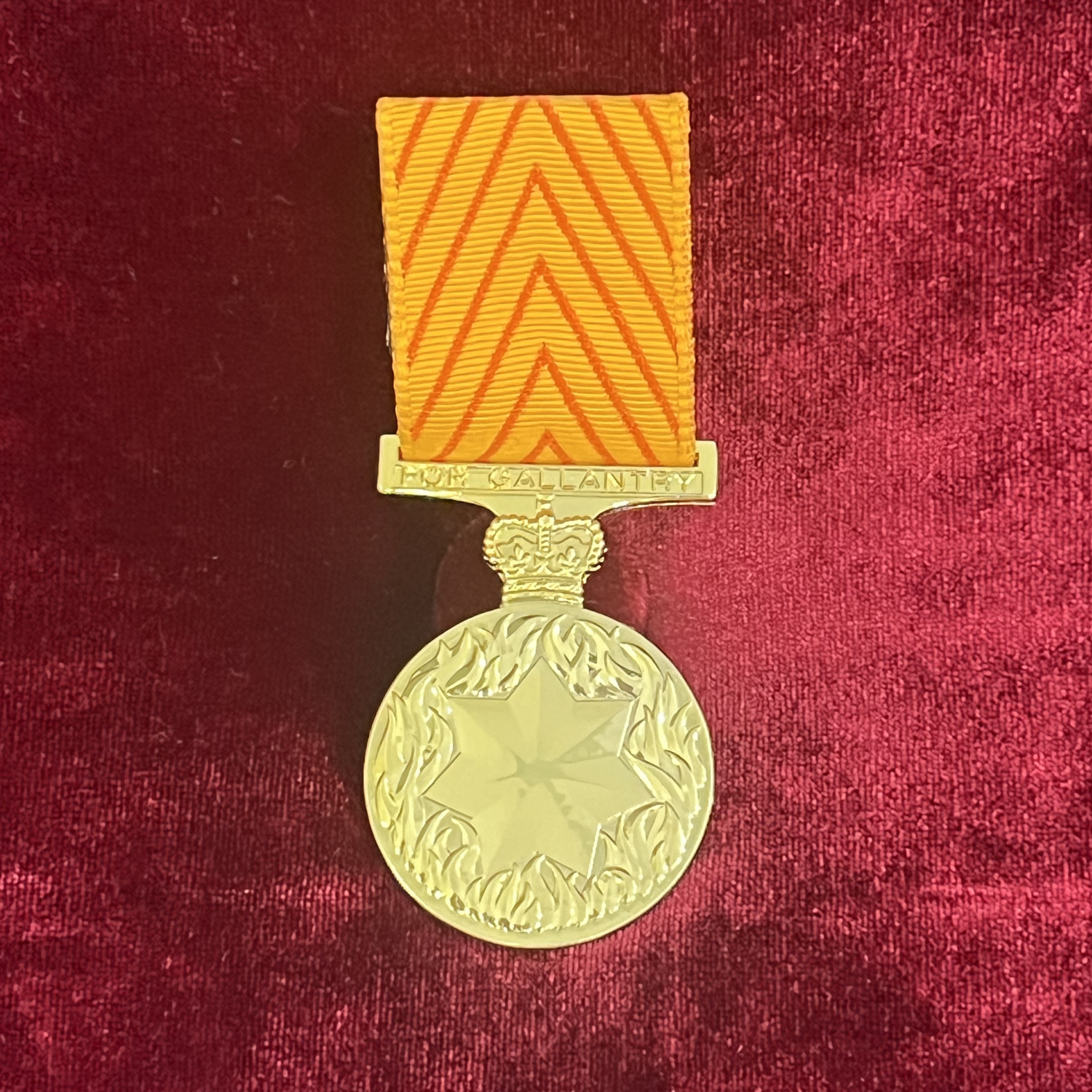Warren Frank Cowan MG
Born: 12th May 1911
Died: 22nd July 1942
Prince Alfred College Day Boarder: 1921-28
Born: 12th May 1911
Died: 22nd July 1942
Prince Alfred College Day Boarder: 1921-28

In the chronicles of World War II aviation, Warren Cowan MG emerges as a figure of exceptional valour and skill. An Australian pilot, Cowan operated Hudson bombers against Japanese forces, and his legacy might have been forgotten if not for the efforts of his former adversary, Japanese air ace Saburo Sakai.
In 1942, the skies over New Guinea were fiercely contested. On a pivotal day, Warren Cowan and his crew engaged in a dogfight with Japanese Zeros. Despite overwhelming odds, Cowan's determination and ingenuity shone through. Saburo Sakai, who fought against Cowan that day, was profoundly impacted by the Australian pilot's heroism. Years later, Sakai ensured Cowan's bravery was recognized, recounting the extraordinary manoeuvres Cowan executed in his Hudson bomber.
Cowan's actions during the combat are considered among the most remarkable feats in aviation history. Pilots today still marvel at how Cowan managed to spin a Hudson on its wingtip, a manoeuvre that seemed almost impossible. It is believed that Cowan practiced the technique of pulling power off one engine while applying full power on the other, allowing him to pivot the aircraft like a pirouette. This enabled him to turn the bomber sharply and steeply on its wingtip.
Throughout the intense battle, Cowan kept the aircraft twisting, turning, climbing, and descending, creating confusion among the enemy fighters. His skilful flying and quick thinking left a lasting impression on his adversaries. Tragically, Warren Cowan, pilot officer D.R. Taylor, and sergeants R.B. Polack and L.E. Sheard were killed.
Warren Cowan's heroism and bravery have now been officially recognized. Despite initial difficulties in having his story acknowledged by Veterans Affairs, the Australian authorities eventually awarded Cowan the highest honour for a pilot. This serves as an enduring reminder of the courage and ingenuity displayed by Cowan during the Second World War. His legacy continues to inspire future generations of aviators. For his efforts, Warren Cowan was posthumously awarded the Medal of Gallantry in 2024 by Her Excellency Governor Adamson, accepted by his relatives with Christopher Buchanan (PAC 1961-1964).
On the 22nd of July 1942, the last thirty minutes of Warren and his crew's lives altered the course of the war in the Pacific. Japan's strategic assault, planned by Japanese High Command to cross the Owen Stanley Ranges and capture Port Moresby, then launch an invasion of the Australian mainland through Queensland, was halted when Cowan's targeted bombing of Buna in Papua New Guinea destroyed Japanese fuel, ammunition, supplies, and troops landing.
According to RAAF historians, Warren Cowan was a hero of Kokoda. By removing the Buna supplies for the Japanese soldiers fighting on the Kokoda Trail, his actions helped ensure Australia's victory in PNG. Remarkably, Warren and the crew of Lockheed Hudson A16-201 then engaged in a battle against nine superior Japanese Zero fighters, changing Japanese attitudes towards Australian pilots and their protection of air and ground crews.
Cowan earned the lifelong respect and admiration of his foe, with aerial skill that amazed the Japanese pilot and his squadron. Additionally, Lockheed Hudson recognized Cowan for executing the most impossible manoeuvres ever seen or recorded in a Hudson bomber. Finally, after 82 years, Cowan and the crew of Hudson A16-201 were posthumously awarded the Medal of Gallantry, Australia's highest bravery award.

Warren Cowan was posthumously awarded the Medal of Gallantry in 2024 by Her Excellency Governor Adamson, accepted by his relatives with Christopher Buchanan (PAC 1961-1964).